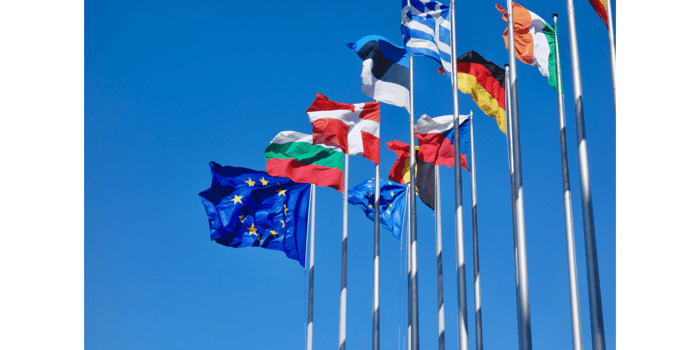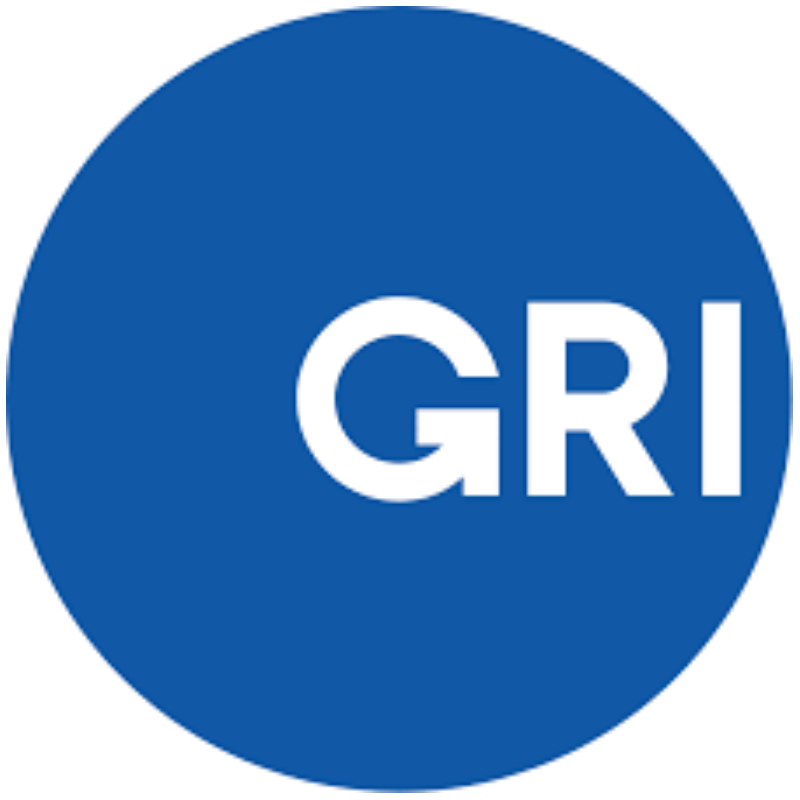New cooperation agreement reached, as GRI-ESRS Interoperability Index is made publicly available

Following a successful partnership between EFRAG and GRI over the past three years, a new Memorandum of Understanding has been signed, which substantiates the benefits of the alignment achieved between the European Sustainability Reporting Standards (ESRS) and the GRI Standards and commits the organizations to continue working together to deliver technical support for reporting companies.
As a first tangible outcome of this second cooperation agreement, a GRI-ESRS Interoperability Index has been made publicly available today as it is submitted for approval to the December meetings of EFRAG standard setting bodies. The tool sets out how the disclosure requirements and datapoints in each set of standards relate to each other, emphasizing the high degree of commonality already achieved and laying down solid foundations to build a reciprocal digital taxonomy. Interoperability prevents the need for double reporting and results in a user-friendly reporting system without undue complexity. As a consequence, entities reporting under ESRS will be deemed reporting ‘with reference’ to the GRI standards and existing GRI reporters will be able to leverage their current reporting efforts to prepare their ESRS ‘Sustainability statement’.
Areas of cooperation in the MoU include:
Further collaboration on standards and guidance development, including existing and new sector standards; proportionate reporting for SMEs in the EU; standards for non-EU companies for which the CSRD will apply.Education and training for ESRS preparers and users, including steps to accredit GRI as an ESRS training organization, leveraging its education and professional certification programs.Interoperability of digital XBRL taxonomies, with a simplified tagging system and digital correspondence table between both standards.With this new phase in their cooperation, and in line with the joint interoperability statement published in September 2023, both parties have decided to implement three common foundational principles:
Companies benefit from preparing quality data from reporting publicly on their management efforts in relation to their positive and negative impacts.All stakeholders, including investors, will benefit from standardized, credible, and comparable information on impacts.Optimal interoperability between global and European sustainability reporting standards is in the interests of companies and other organizations to minimize the reporting burden.
As a multistakeholder organization, tasked with the elaboration of sustainability reporting standards as technical advice to the European Commission, EFRAG welcomes the fruitful dialogue with other standard setting organisations or initiatives. Our relationship with GRI has been and is exemplary in that regard and we look forward to this second phase in our technical cooperation.
Hans Buysse, President of EFRAG Administrative Board
The partnership between GRI and EFRAG has already borne fruit by ensuring that the new EU standards and the GRI Standards – which many companies in Europe and beyond are using to report their impacts — are closely aligned. Encompassing practical resources and training alongside deeper engagement on standards, this new MoU reassures companies and all stakeholders of our joint commitment to an aligned, efficient, and feasible EU and global ecosystem for impact reporting. I look forward to continued collaboration with our European partners to achieve this aim.
Eelco van der Enden, CEO of GRI
The interoperability index is an important deliverable of our collaboration as it will enable GRI reporters to substantiate the high degree of alignment between GRI and ESRS standards in relation to impacts. Building on our technical collaboration over the past two years, we welcome this new agreement.
Carol Adams, Chair of the GRI Global Sustainability Standards Board (GSSB)
Interoperability is at the heart of the EU approach. From the beginning and going forward EFRAG strives to build on and contribute to the global progress of quality sustainability reporting as well as to minimise the reporting burden for companies. With the recently adopted ESRS, companies will be able to prepare their sustainability statement in an interoperable ecosystem and this is good news. We welcome the high level of commonality illustrated by our joint Interoperability Index since reporting on impacts is foundational under the European double materiality approach.
Patrick de Cambourg, Chair of EFRAG Sustainability Reporting Board
Under the first EFRAG-GRI MoU (signed on 8 July 2021) the two parties agreed to share expertise to co-construct the ESRS and contribute to global convergence, joining each other’s technical expert groups and aligning standard-setting activities. This collaboration achieved a high level of interoperability between the ESRS and GRI Standards. This new MoU (signed on 30 November 2023) is a step further in terms of technical cooperation and collaboration with EFRAG, the European Standard-setter.

